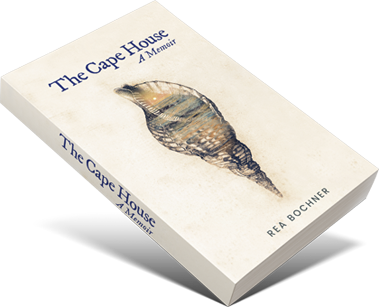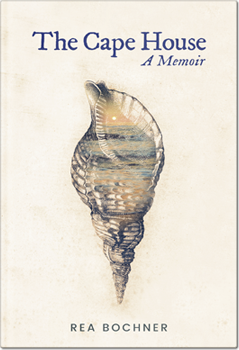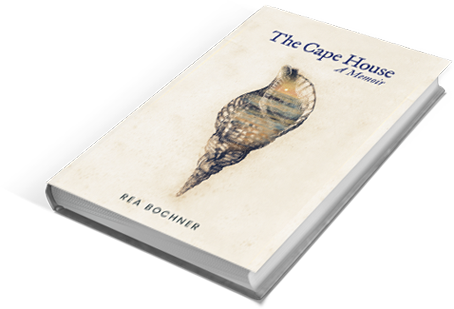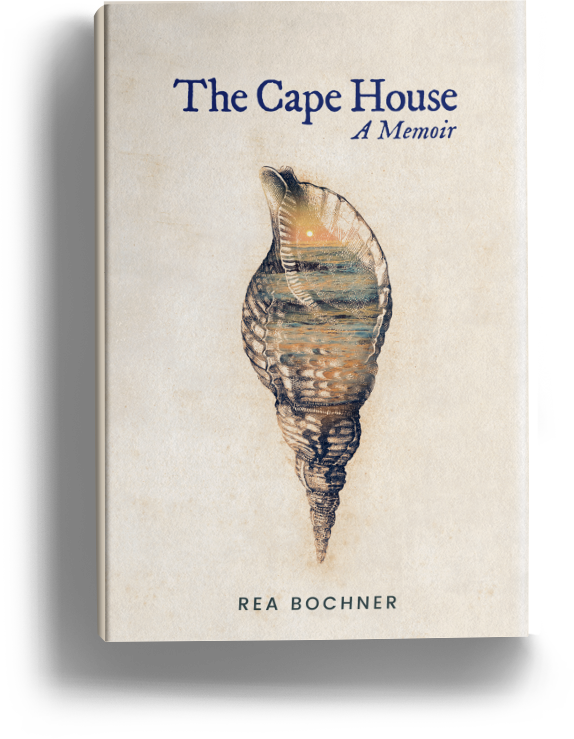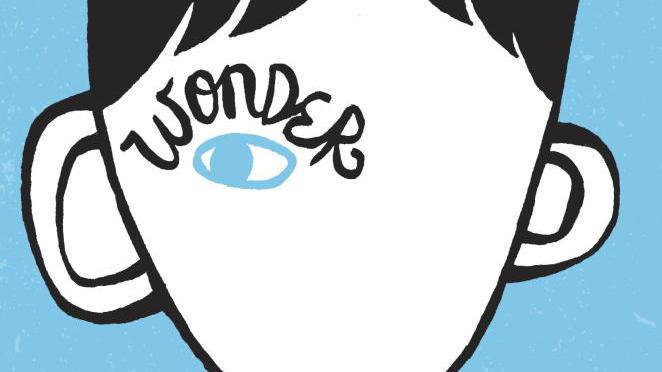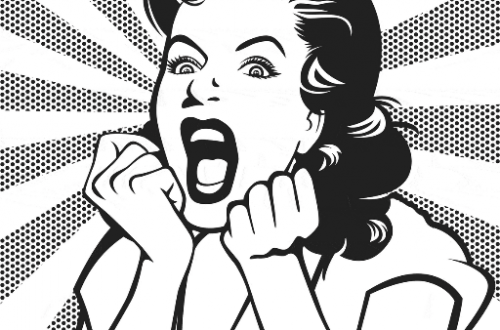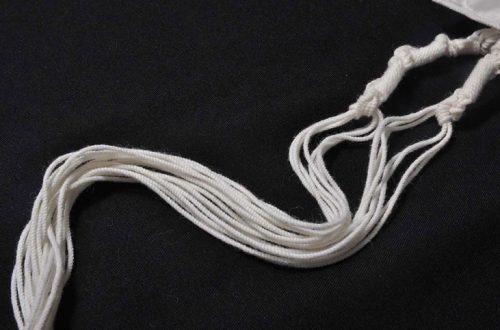My boys and I are reading “Wonder” right now, the young adult novel about a boy named August with craniofacial abnormalities who attends school for the first time in fifth grade. If you haven’t read it, you should. The book is astounding and will break your heart into a million pieces. Last night, as I put down the book, my big guy poked his head over the top of his bunk bed to watch me ugly snot crying.
The book brings up a lot of feelings for me, because August, who is teased and alienated at school, reminds me so much of myself as a kid. His story shoots me right back to elementary school recess, which I spent walking the perimeter of the school parking lot while the rest of my class played cat’s cradle and kickball on the blacktop. To the untrained eye, it might have looked as if I was enjoying my own company. But I was really just watching the other kids from the corner of my eye, willing one of them to notice me, to run over and invite me to join them.
Even back then, I knew there was something different about me – and it wasn’t just my obsession with food or my obese body. I saw things differently. I felt things more deeply. I was always searching for an intangible something, while everyone around me seemed like they’d already found it (or maybe they weren’t looking in the first place?). This was something I tried desperately to hide, having gotten the message from the rest of the world that being different was something to be ashamed of. My biggest fear became fear of discovery: that other people see just how different I was, and reject me.
My mother, however, thought I was wonderful. “Most people are square pegs in square holes,” she liked to say. “But Rea is shaped like a star.”
This would make me feel good for about a microsecond, before I remembered that being different was not a good thing. Why couldn’t she just lie and say there was nothing wrong with me?
Of course, in her eyes, there was nothing wrong with me. I was perfect the way I was – and my differences made me special.
But try explaining that to a kid. All a kid wants is to be “normal”; to be part of; to be accepted. A kid hasn’t yet learned from their own history that everything changes eventually, and the things we think are true – and might have even been true at the time – may not stay that way. That the “popular” ones are often d-bags who peak by senior year, or whose polished finishes hide a loneliness that even the outcasts could never touch. That the uncool kids are just building momentum, and will eventually be the most interesting people at the party. (As my friend Freddy says, “The adult artist is the child who survived.”) I couldn’t see that then – nor could I see that I was far from the only one who felt different. So my mother’s words of encouragement fell on deaf ears.
As I grew older, the goal of “sameness” was perpetuated over and over again in pages of magazines and the faces on TV. In the “I’m fine”s and “Everything is awesome”s I heard around me. In the profound silences around things that were obviously a struggle for other people: one classmate’s Tourette’s Syndrome, another’s emaciated, anorexic body, the death of a friend’s father. I was silent, too, about my own dark obsessions, my Dad’s absence, and Mom’s loneliness, which took space in our house like another member of the family. I saw these things, but no one acknowledged them. The goal, it seemed, was to maintain a front of “okay” and “together” at all costs.
It was both a curse and a blessing that I wore my difference for the world to see, just like August. You can’t hide extreme obesity – but you can pretend it doesn’t bother you. That you don’t care what other people think. You can hide purging in the bathroom and keep suicidal thoughts to yourself. You can laugh the loudest in the room and no one has to know you’re dying inside.
But that was the problem: I was dying inside.
Working so hard to keep my broken parts hidden was killing me. And, ironically, it pushed away the very people I strove to keep close. Because while they may have believed my stories of having it all together, they never really knew me. Even when I was surrounded by people, I felt constantly like that little kid at recess, wandering alone around the parking lot.
The first time I ever heard someone tell the truth, it was a revelation. To hear someone say they had real problems, that their lives weren’t perfect, that were lonely and in pain sometimes, it was like a surprise ending that makes you gasp out loud. They said they felt like the outsider at recess, too – even when they looked like the most popular kid in the class. They said that if I told the truth, they would listen, and it would be okay. And if I stuck around long enough, I would discover that everyone, every single person, had something that made them different.
And that was a good thing.
Because when we told the truth about it, we didn’t have to be alone anymore.
This was the antithesis to everything I’d ever learned about how to survive being human. I’d always thought that my differences were something that would be used against me, that would keep me separate. It turned out to be just the opposite.
I discovered, in telling the truth, the three most magical, healing words a person can hear: “Yeah, me too.”
The practice of owning my differences and talking about them has quieted the discord inside: I’m no longer living a double life. And it’s drawn me into the center of the recess blacktop. Because when I tell the truth about who I am, people around me are free to do the same. What those people told me was true: everyone has their broken parts, the sides of themselves they’re afraid to show the world. But here’s the secret: when we share our broken parts, we help each other to put them back together.
August discovers the very same thing in “Wonder,” and that is why the book makes me cry.
A child I love very much told me recently that he often spends recess alone. “Sometimes, I ask other kids to play with me,” he said. “Just once, I’d like one of them to ask me to play with them.”
“Oh, Dude,” I said. “I’ve been there.”
Then he asked me if I thought he was different.
“Yep,” I replied.
“How do you know?”
“It takes one to know one. And I’ll tell you something, Buddy: you and me? We’re the lucky ones.”
